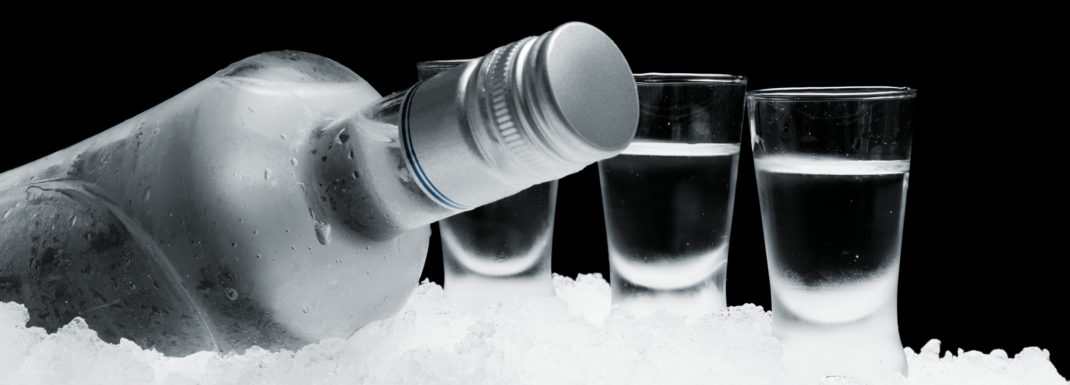The definition of Vodka varies quite significantly from country to country, but generally can be defined as unaged colorless distilled spirit produced from neutral alcohol / spirits of agricultural origin, without distinctive character, aroma and taste.
Regulations will greatly depend on country and can refer to raw materials/ min %abv in vodka/ possibility to use any ingredients different from neutral alcohol and water/ obligation to use carbon filtration/etc.
Production: As vodka is primarily mix of water and alcohol, quality of both will have a significant impact on quality of final product.
- Usually for dilution of neutral alcohol water processed with reverse osmosis is used to allow clarity and stability of vodka.
- Carbon filtration of alcohol-water mixture is used by majority of producers to remove some organic impurities and improve quality
of vodka due to physical and chemical absorption and oxidation reactions. - Final Filtration is dedicated to removing any charcoal particles, ensuring a long shelf life and increasing product shine.
-
DistilaMax® HT
DistilaMax® HT is an active dry yeast for use in many types of beverage alcohol fermentations and is especially suited for glucose based feedstocks (most grain and starch-based mashes). DistilaMax® HT is recommended for use in the production of Vodka, […][ Read more ] -
The Alcohol Textbook
The Ethanol Technology Institute, led by Scientific Director Dr Graeme Walker, publishes The Alcohol Textbook and conducts both The Alcohol School and Biofuels Academy. The 6th Edition of The Alcohol Textbook is now available. There is no better tool for […][ Read more ] -
DistilaVite®
During the process of alcoholic fermentation yeast, which is a complex living organism, is subject to various stressors: temperature, ethanol, pH, organic acids and others. In order to get a successful fermentation, yeast needs a balanced nutrient package which will maximize its potential […][ Read more ]

